Postpartum hair loss is a type of hair loss that occurs in up to 85% of women after giving birth. It is caused by hormonal changes and stress on the hair follicles during pregnancy. It is a temporary hair loss condition and can be treated easily.
This article will provide you with an overview of postpartum hair loss, its causes, and the best vitamins for postpartum hair loss treatment.
Contents
What causes Postpartum Hair Loss?
Postpartum hair loss is a condition that affects many women after childbirth. It is not only the hair on the scalp that can be affected but also the eyebrows and eyelashes.
The hormonal changes in a woman’s body after childbirth are what cause postpartum hair loss. Hormones such as estrogen and progesterone are responsible for regulating hair growth and the shedding cycle. When these hormones change drastically during pregnancy, they may disrupt the normal shedding cycle which leads to excessive shedding of hairs from.
This postpartum hair loss is just your hair resuming its normal hair growth cycle, but because you’ll have more hair enter that shedding phase all at once, it can feel like you’re losing a lot of hair.
The Hair Growth Cycle
Hair follicles are constantly growing but this growth is not always visible. Hair grows at different rates and in different phases. The hair growth cycle consists of three phases: anagen (the growth phase), catagen (the transition phase), and telogen (the resting phase). Each phase lasts for a different amount of time, and the cycles are repeated as necessary to maintain healthy strands of hair.
Before pregnancy, most of the woman’s hair follicles are in the active growth stage. While the other hair follicles are in the resting stage, causing natural hair shedding, around 50-100 throughout the day.
During pregnancy a woman’s increased level of estrogen temporarily changes the normal hair growth cycle, it prevents hair follicles to enter the resting stage (and shedding). This makes the hair stay in the follicle and continue growing. You’ll notice that your hair appears thicker and fuller due to less shedding.
Can Breastfeeding Cause Hair Loss?
The question of whether or not breastfeeding can cause hair loss has been hotly debated by mothers. The answer is yes, it can.
Studies have found that when a woman breastfeeds, her estrogen levels are significantly lower than they would be if she were pregnant. This drop in estrogen can lead to hair loss, as well as other side effects such as headaches and hot flashes.
There are a variety of ways to combat this issue, including taking prenatal vitamins and eating healthy foods with high levels of vitamin A and zinc.
How long does Postpartum Hair Loss last?
The hair loss usually starts from 4-6 weeks postpartum and can last for up to 12 months or more.
How can you prevent Postpartum Hair Loss?
Some women experience hair loss after pregnancy due to hormonal changes in their bodies. The hormones estrogen and progesterone are responsible for the growth of new cells in the body during pregnancy, but once these hormones drop after birth, cells start dying off too quickly.
There are some things that you can do to prevent postpartum hair loss before it starts happening:
- Eat a healthy diet with nutrients that are good for your hair
- Drink plenty of water
- Take prenatal vitamins before getting pregnant
- Take hair vitamins
Best Vitamins and Nutrients that help with Postpartum Hair Loss
There are many nutrients and vitamins for postpartum hair loss. A multivitamin supplement is a good place to start for most women who are not sure what they need. Vitamins and nutrients that are known to help with postpartum hair loss include:
Biotin
A pregnant woman needs about 30% more of this vitamin than an average individual. This is because she has to provide for the baby as well as herself. If a woman does not get enough biotin during pregnancy, she may suffer from postpartum hair loss after giving birth.
Biotin can also help with hair growth in some cases of postpartum hair loss. It is not scientifically proven that biotin will make your postpartum hair grow back, but it has been shown to provide some benefits in the case of thinning hair.
Vitamin A
Vitamin A is an essential nutrient for the body. It helps in the production of sebum, which is an oily substance that protects the scalp from dryness and other skin problems. Vitamin A deficiency can lead to hair loss or poor scalp health. It could be helpful for new mothers suffering from postpartum hair loss to take vitamin A supplements to support the health of their scalp.
Vitamin C
Vitamin C is an essential nutrient for maintaining healthy hair. It is a powerful antioxidant that helps fight the free radicals that cause damage to your hair and scalp. Vitamin C also has been shown to promote new hair growth and inhibit hair loss in both women and men. A study suggests that vitamin C may help with postpartum hair loss due to its antioxidant properties.
Vitamin D
Vitamin D is a nutrient that can help prevent hair loss after childbirth. It is found in many foods and can be synthesized by the human body when exposed to sunlight. In addition to sun exposure, the best way for a woman to ensure she has enough vitamin D is by taking supplements or eating foods that are rich in this nutrient.
Vitamin E
Vitamin E is an essential nutrient for hair. It helps in the formation of elastin and collagen, which are two proteins that keep the hair follicles healthy and strong. Vitamin E also helps in the production of sebum, which is natural oil produced by our skin that coats and protects the hair from damage, it also moisturizes the scalp and helps keep hair healthy.
Studies have proved that postpartum hair loss can be prevented by taking Vitamin E supplements during pregnancy.
Zinc
Zinc is an essential mineral that is involved in the production of proteins and enzymes. It also plays an important role in the regulation of cellular division, growth, and differentiation.
Zinc deficiency may arise from inadequate intake or impaired absorption. Zinc deficiency may cause hair loss because it can interfere with normal hair growth and development.
A study published in the Journal of Clinical Endocrinology & Metabolism found that zinc supplementation helped to improve hair regrowth among postpartum women with hair loss due to zinc deficiency.
Iron
Iron deficiency can lead to hair loss in the postpartum period. The best way to get enough iron is through diet, but if that is not possible, then supplementation may be necessary.
Omega 3
Omega-3 fatty acids are essential for healthy hair growth and can help with postpartum hair loss.
There are many reasons why omega 3s are important for hair health. They help in the production of prostaglandin, which is important in the regulation of inflammation and blood flow to the scalp.
Omega 3s also regulate hormone levels, which is one of the main causes of losing hair after giving birth.
The Bottom Line: There Are Various Vitamins for Postpartum Hair Loss
Losing hair after childbirth is a natural process that can be accelerated by the hormonal changes that occur during pregnancy and the postpartum phase.
There are various vitamins for postpartum hair loss in order to combat these effects of hormones on the scalp. Some of these vitamins include vitamin C, vitamin A, and vitamin E. Vitamin C will help with the repair and growth of blood vessels in the scalp which will promote healthy follicles while vitamin A helps with the production of sebum which is essential to protecting your scalp from dryness and irritation. Vitamin E will help with cell turnover which will encourage new growth in the follicles. In addition to essential minerals such as zinc and iron that are necessary for maintaining bodily functions.
Read more about:
Best Hair Growth Vitamins Alternative to Biotin
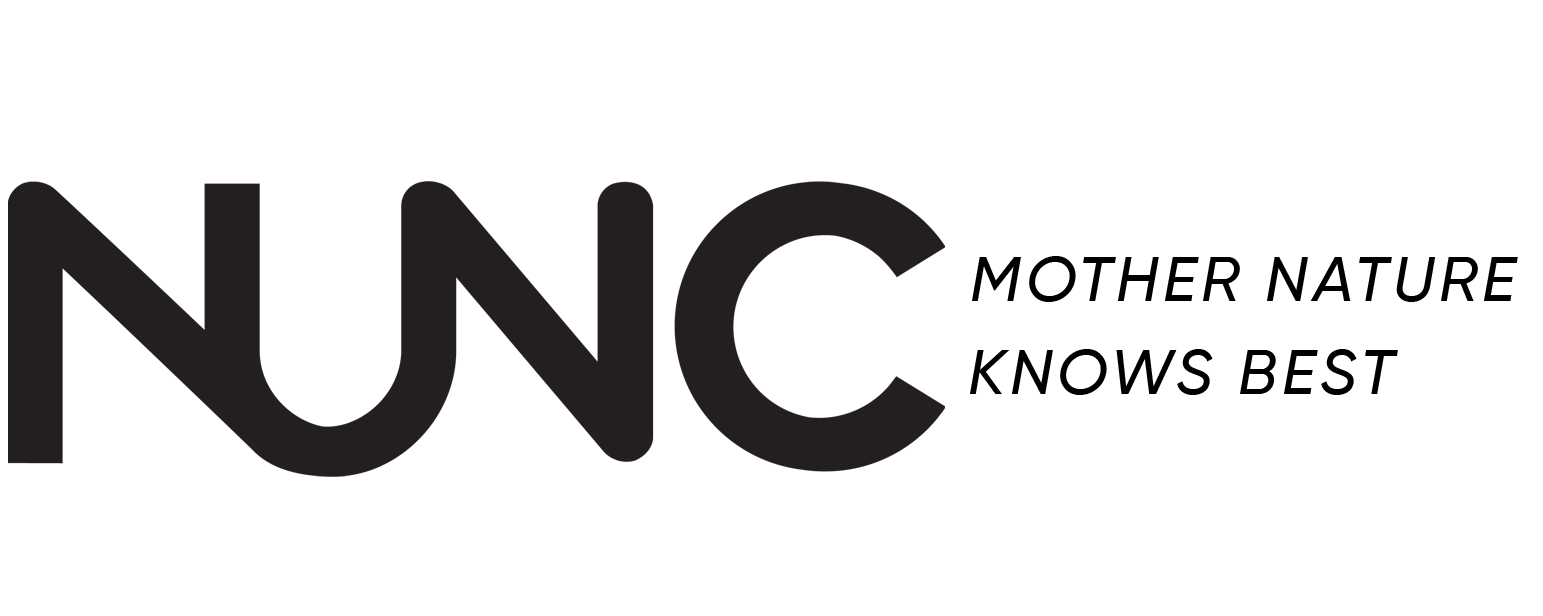
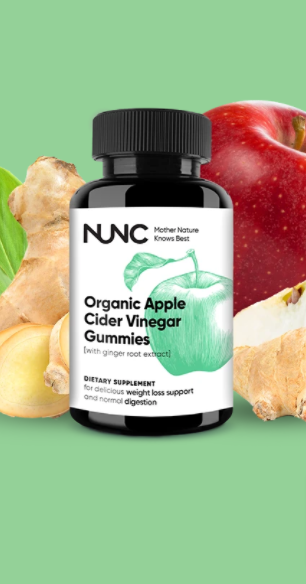



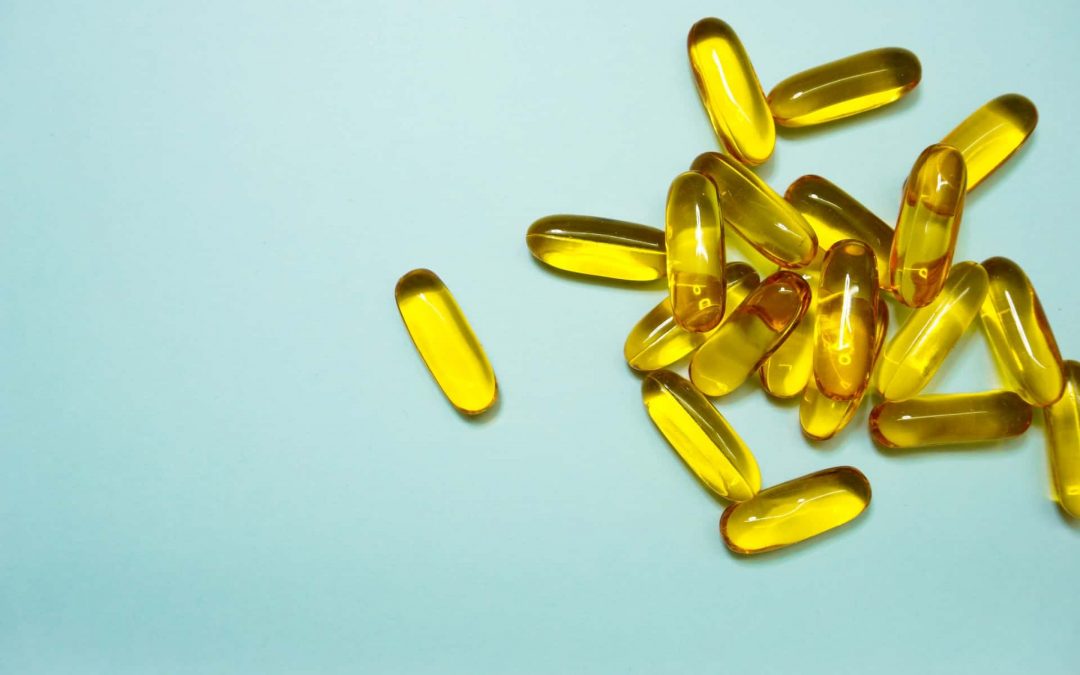
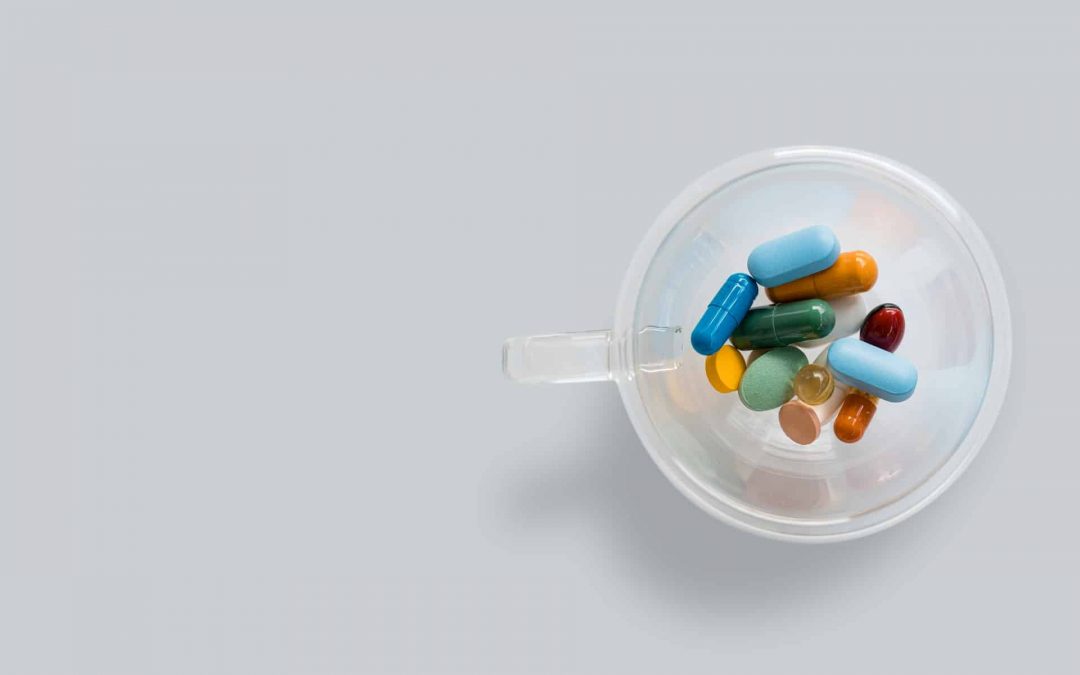
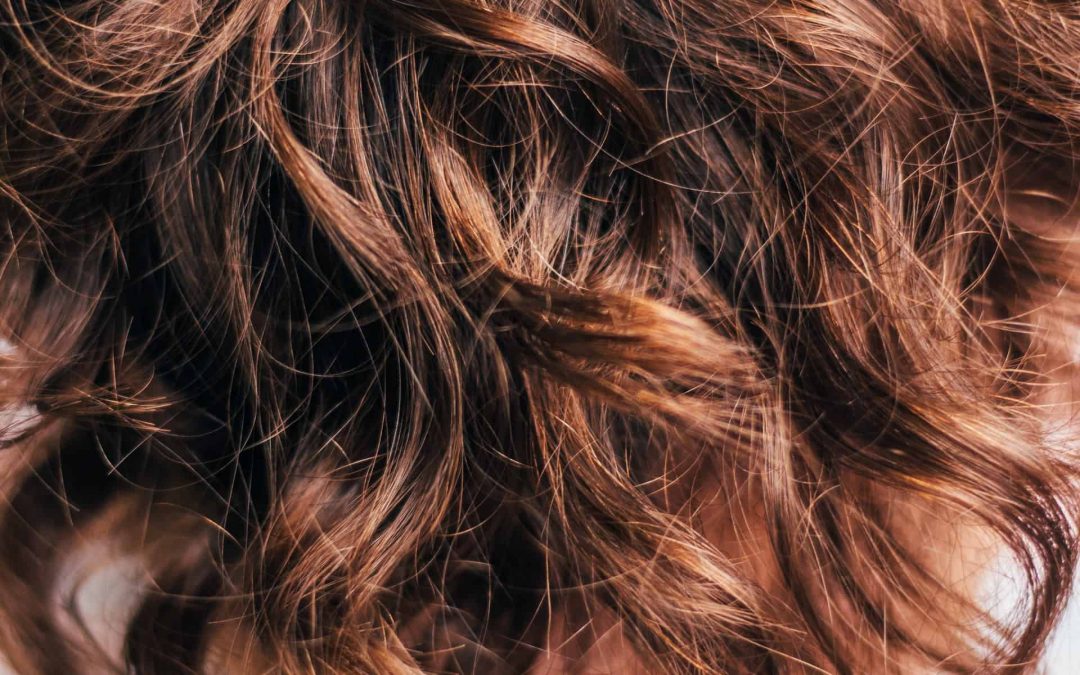
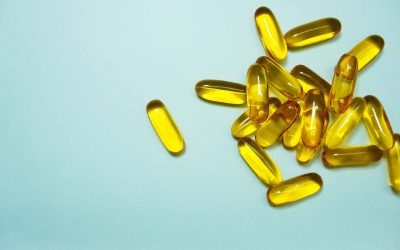
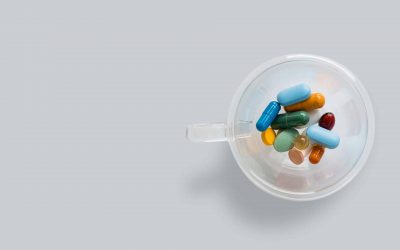
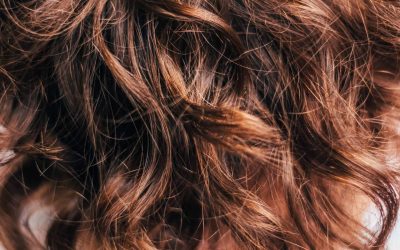
0 Comments